
Basically, a pinched nerve is a condition manifesting once a ligament, muscle, tendon, bone or cartilage applies excessive pressure on a nerve, causing it to become dysfunctional, leading to weakness, tingling, numbness and pain. Wherever we have nerves in our body, they can become pinched, leading to these symptoms. For example, if a disk in our spine becomes herniated, it may press onto a nerve root, triggering pain in our back. In the same way, a pinched nerve in our wrist may cause pain and discomfort in our hands and fingers. Even though the majority of people suffering from pinched nerves recover in a week or two, surgery is a necessity in some, more complicated situations.
What Triggers Pinched Nerve in the Back?
Apart from tendons, muscles, cartilage or any other surrounding tissues pressing onto the nerve, numerous underlying conditions can lead to pinched nerves as well. Suffering from an injury, having a poor posture or suffering from conditions like osteoarthritis, stress from repetitive work, hobby indulgence or sport, all are situations which can lead to pinched nerves. Additionally, obesity does little to prevent this condition, but, on the contrary, quite often leads to it.
All in all, if a nerve gets pinched for a short while, there are great chances that no significant damage will occur and that the affected person will recover. However, long-term nerve irritation or compression can lead to permanent damage.
Treatments for Pinched Nerve in the Back
Resting is usually the best possible aspect of treatments for pinched nerves. Do not make the condition worse by stressing the nerve more. Rather, allow it to recover on its own. Sometimes, this might not be possible since the nerve may be located at a point where it is exposed to pressure all the time. Then, the affected spot may need to be immobilized and you might need to wear a splint or brace.
As for medications involved in the treatment, you may need to take non-steroidal anti-inflammatory drugs or corticosteroid injections. The former will ease the inflammation in the area, removing pain and irritation symptoms while the latter will take care of the same factors, being injected directly into the painful area.
Physical therapy is yet another crucial part of recovery and your doctor should recommend you exercises for your condition. Finally, if all else fails, surgery is the only solution, varying depending on the area where the pinched nerve is located.


-Causes,-Symptoms,-Diagnosis,-Treatment_f_280x120.jpg)
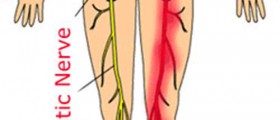
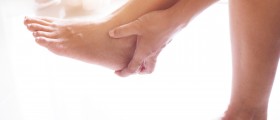

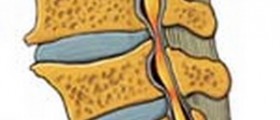
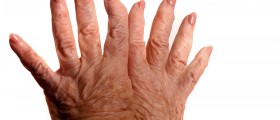

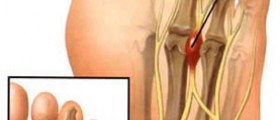
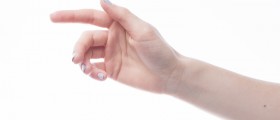
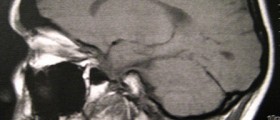
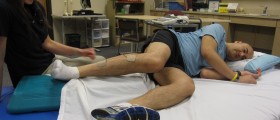


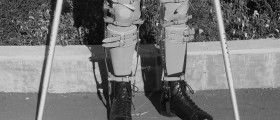

Your thoughts on this
Loading...